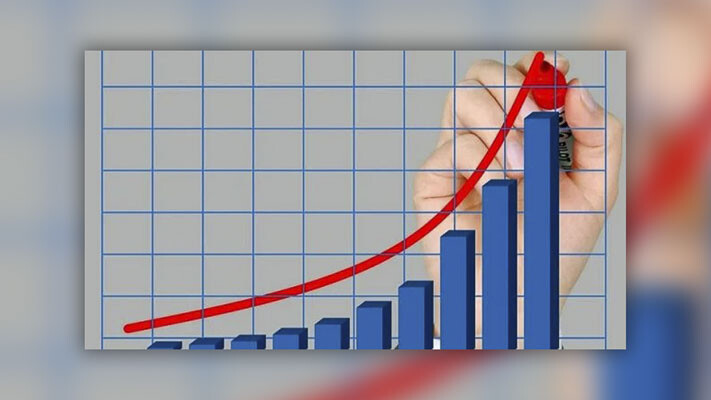
‘I’d be careful about that’
Bob Unurh
WND News Center
Inflation for hurting American consumers exploded under Joe Biden.
Just a little over a year ago, it was at 9.1% – costing people thousands of dollars a year more just to live the same lifestyle they had a year or two earlier.
The response was for the Federal Reserve to surge interest rates, which cost any consumer who has a credit card or financing for a car or home even more.
Even now, inflation is down from a year ago, but remains far above the government’s goal.
Blame it on Joe Biden.
That’s according to JP Morgan Chase CEO Jamie Dimon who was interviewed by the Economist.
A report at the Daily Mail confirmed that Dimon questioned the effectiveness of “Bidenomics,” previously known as “Bidenflation,” and “blamed Joe Biden’s $5 trillion economic stimulus for causing inflation.”
Biden has been scheming to raise a lot of taxes, especially on the wealthy “in order to invest in the middle class,” the report said.
That’s opposite the wildly successful plan used by President Ronald Reagan to grow the economy during his White House days.
“I’d be careful about that,” Dimon said of Biden’s agenda.
He said Bidenomics is more of an industrial policy, to help particular industries.
He’s opposed those in the past, but sees them now as usable within a few narrow confines like national security.
“If it relates to supersonic missiles, I think we should do it. If it relates to holding down the Chinese people, I think we shouldn’t do it,” Dimon said. “There shouldn’t be social policy around that, it shouldn’t be political it should be purely economic.”
He also was critical of Biden’s massive stimulus spending.
He has continued concerns with inflation, which spiked nearly to the double digits just a year ago. And while that rate has slowed somewhat, those price spikes that hit consumers so hard then now are the base level for the new price surges they are seeing now.
Biden, as the octogenarian campaigns for another four years in office, has been promoting his “Bidenomics,” which involves a lot more taxes.
However, polling shows Americans widely dissatisfied and unhappy with Biden’s work on the economy. Nearly half have confirmed they are “a lot worse off” since Biden took office and largely abandoned economic goals of President Trump.
Biden’s first term has focused largely on promoting the LGBT, specifically the transgender, ideology, as well as abortion.
Also read:
- WA governor pressed to veto $1.8B piece of Democrats’ tax billGrocers and restaurateurs are urging Gov. Ferguson to veto a surcharge in HB 2081 that they say will raise food prices statewide.
- CCSO makes arrest in attempted kidnapping investigationA 31-year-old Vancouver man has been arrested in connection with an attempted kidnapping involving a teenage girl near NE 149th Street.
- Changing roles: Brian Witherspoon accepts position as head coach of Camas girls basketballBrian Witherspoon has been hired to lead the Camas girls basketball program after serving as interim boys coach last season.
- Vehicle crashes into Vancouver Fire Station 6 during emergency responseA vehicle crashed into Vancouver Fire Station 6 late Tuesday night while crews were out on an emergency call.
- Letter: ‘It’s said sarcasm is the lowest form of wit’Amboy resident Thomas Schenk criticizes Olympia’s use of “emergency clauses” and other legislative tactics that limit public participation.
- Letter: ‘We’re going to give them some money and a plane ticket, and then we’re going to work with them’Camas resident Anna Miller supports a new structured self-deportation policy, calling it a balanced approach to immigration and economic needs.
- Pro-Palestinian protesters occupy UW building, 30 arrestedAbout 30 protesters were arrested at the University of Washington after occupying a building and demanding the school cut ties with Boeing.











